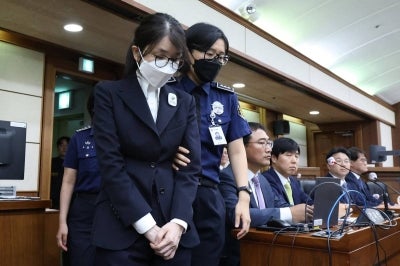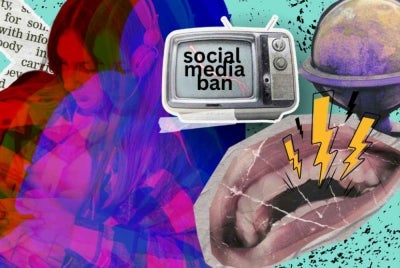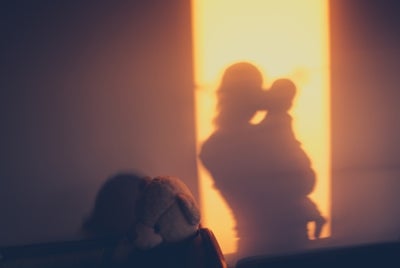Unholy riot at Brooklyn synagogue over illegal underground tunnel - Here's what happened
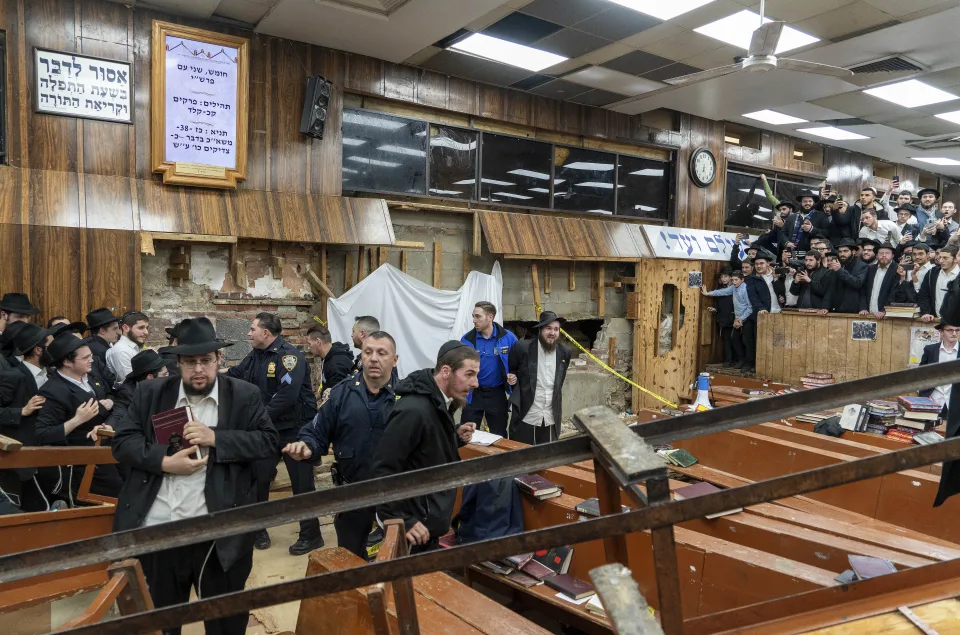
SHAH ALAM – An unholy riot broke out at a renowned Brooklyn synagogue in New York City on Monday after construction workers arrived to fill in an illegally-dug tunnel that was being used by young Orthodox Jewish men in attempt to link the building to a nearby ritual bath.
Foreign media reported that the action by law enforcement to the Chabad Lubavitch global headquarters in Crown Heights led to the brawl between the police and those who had created the passageway and wanted it to remain.
The discovery of the tunnel followed suspicions raised by nearby residents regarding peculiar noises emanating from beneath their homes. In December, the rabbi discovered the youths had dug tunnels beneath the building to access another property on the same street.
It remains unclear why the young men are so attached to the property they were accessing illegally - they have for years been at loggerheads with the synagogue over who owns the main property, but the appeal of the ritual bath or mikvah is unclear.
The group of young men, believed to be “rogue members”, went head-on against the cement trucks and construction workers as the defended and fortified their illicit tunnel an even resorting to dismantling structures to safeguard it.
It took the New York Police Department (NYPD) to forcibly remove them with videos including one of a “tour” of the underground tunnel being shared across various social media platforms.
Twelve people were arrested for criminal mischief and criminal trespass, and for obstructing governmental administration and remain in custody, according to a spokesperson for the NYPD. They have yet to be identified,
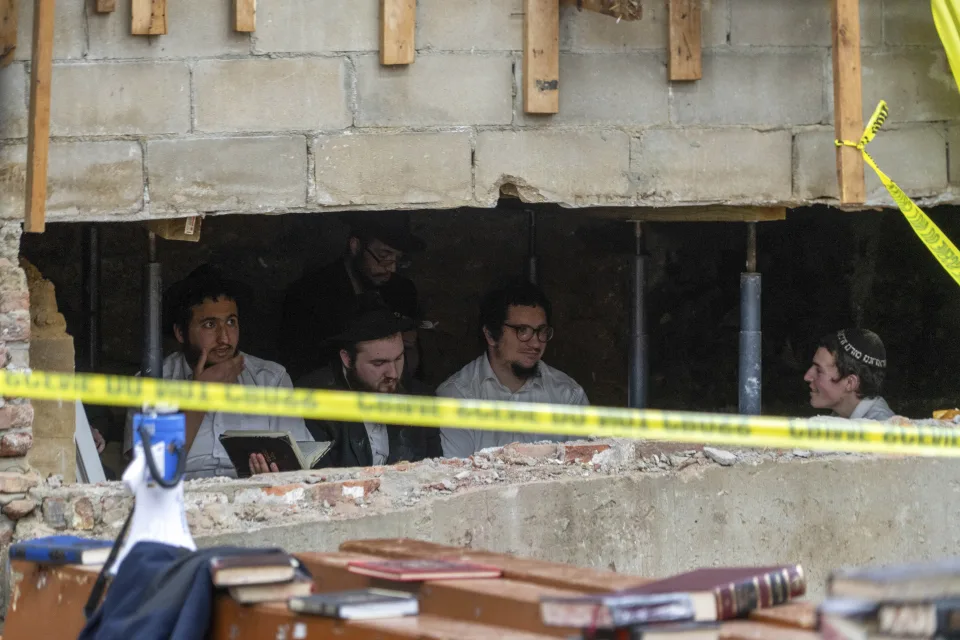
The Guardian meanwhile reported that city inspectors were called to the site to conduct an emergency structural inspection. During the inspection, police officers stood behind barricades surrounding the headquarters, blocking a line of young men who wanted to enter the building.
The report quoted the New York City fire department’s spokesman Amanda Farinacci stating that an anonymous tip about the location had been sent to the New York City fire department last month, but when a fire prevention team responded, all exits were found to be operable and up to code.
The NYPD has said the building is now closed pending a structural safety review by city inspectors.
Meanwhile, Rabbi Motti Seligson, speaking on behalf of the synagogue, conveyed dismay over the actions of what he termed extremist students.
He was quoted saying that these group of rogue youths, primarily holders of student visas, reportedly breached adjacent properties in their attempt to access and augment the sanctuary's confines. Their actions resulted in significant defacement of the sacred space.
This episode unfolded against the backdrop of ongoing disputes surrounding property ownership, hampering the efforts of the Chabad-Lubavitch movement to secure control of the premises through the New York State court system.
The Chabad-Lubavitch movement remains one of the fastest-growing and most influential denominations of Judaism, spanning across the world and heavily impacting the religion’s future.
Its stated goal is to bring Jews closer to Jewish tradition and philosophy, particularly stressing the importance of performing even one mitzvah (commandment) and understanding the way Judaism in general and hassidism in particular view the world.
The movement’s strong support forIsraeli soldiers has been well documented, as were the meetings of numerous Israeli heads of state with the late leader Rabbi Menachem Mendel Schneerson at his office in Brooklyn, who sought his counsel on internal and even security affairs.
Download Sinar Daily application.Click Here!


